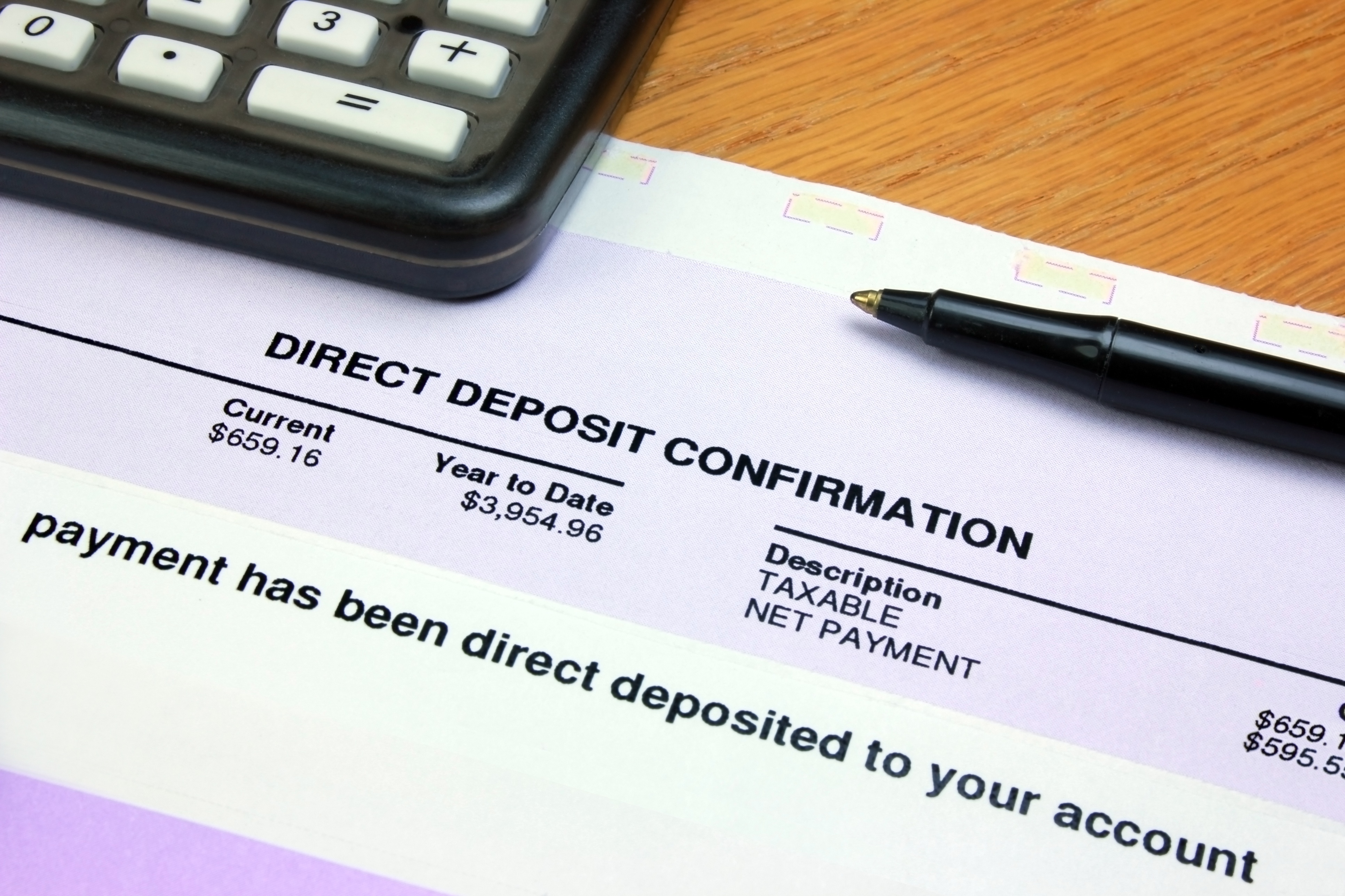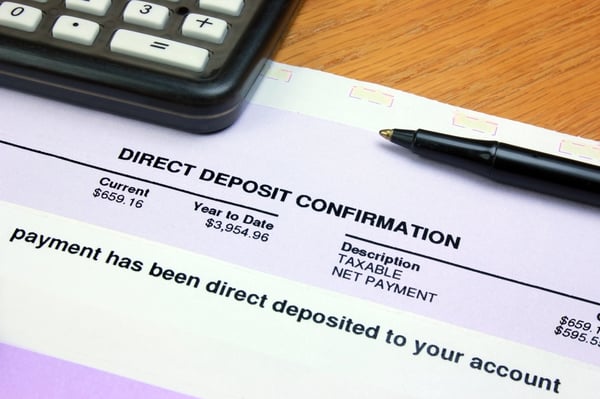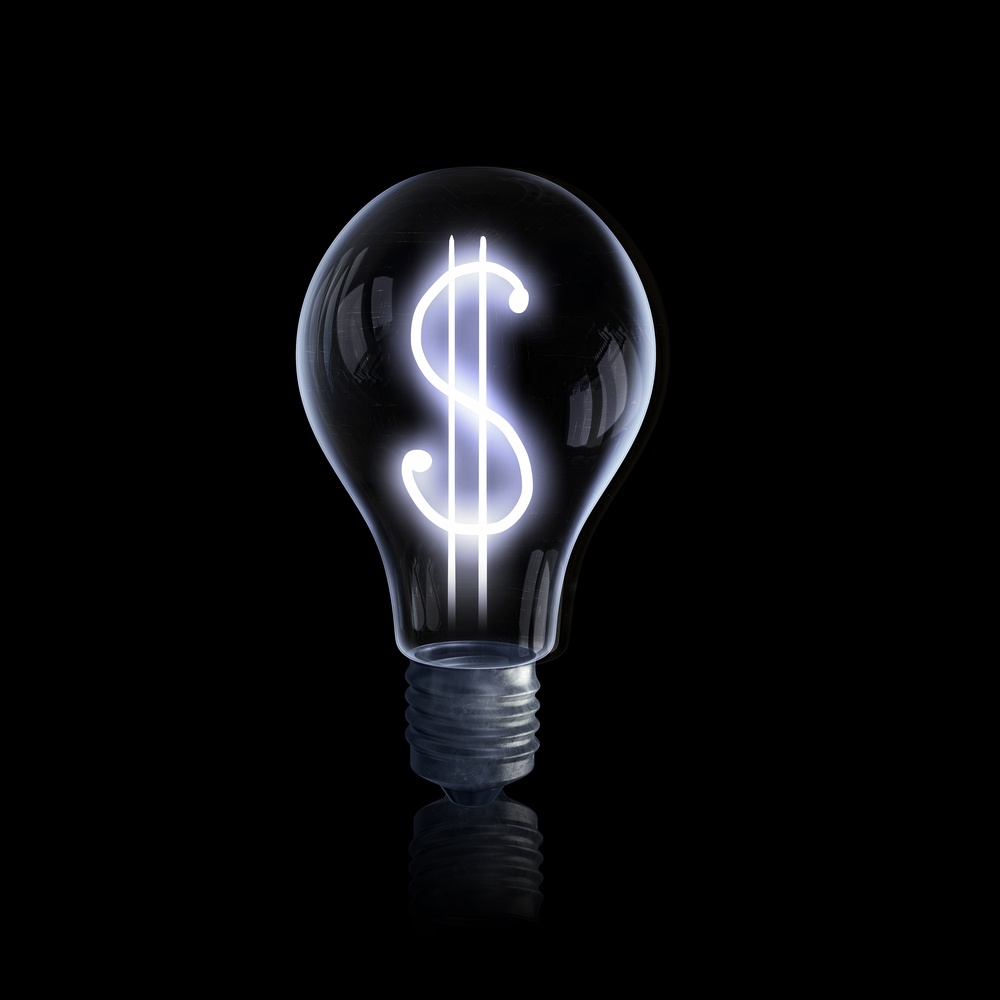9 Ideas to Make Saving Money More Enjoyable
If saving and managing your money sounds boring, then get creative with it! Spice up your money management habits with these quick and easy money...

Sometimes we just need our finances to be easy! Here are fifteen ways to hack your finances to make managing them less stressful. Try one or all of them to gain control over your money and your financial future.
Use direct deposit to save. If the money you want to save never lands in your checking account, you won’t miss it. You can have your pay check split between multiple accounts, send a percentage of each paycheck straight into your savings account instead of your checking. Your savings will start to build up quickly, and the easiest part is you don’t even have to think about it.

Whether or not you like to admit it, we all follow the crowd from time, it’s just human nature. We all tend to mimic the behavior of the people you spend the most time with. So, start hanging around people who are good at saving money and learn what motivates them to save. Soon you’ll be changing your habits and saving more money than you ever have.
Writing about thoughts, fears, goals, and tough money decisions can make you more mindful in your finances and your spending habits. Keeping track of these things can also help you identify patterns in your spending behavior that you want to change. Plus, keeping a money journal can help you sleep better at night. Instead of all of your money concerns swirling through your head at 2 AM, they are now on paper for you to worry about later.
To make savings work it needs to be part of your plan from the get go. If you wait to put money aside for when you have some “left over”, you’ll never have any. Instead, make monthly savings part your budget just like you would with a bill. No matter what your intentions are if you leave money in your checking account, you will spend it rather than save it. Put some money in your savings account first, and then spend the rest.
Tell someone your financial goals to hold yourself accountable. Often we care more about not letting other people down than we do about letting ourselves down. If you’ve shared with your friends that you’re saving up for a vacation next year, they will likely ask you about your how your plans are going down the road. This will help keep your mind focused on your goal.
Love pets and need extra cash? Consider moonlighting as a pet sitter or dog walker through sites like Rover.com. You can set your own hours and rates. Payment is made through the site so no worrying about a bounced check or late payments. It’s an easy and fun way to make a little extra cash to start your savings account.
Pay attention to mortgage interest rates. Look for refinance opportunities that could save you tens of thousands of dollars over the life of your loan. You can often save money on your monthly payments when interest rates are low. You can also save money on the total interest paid if you lower the term of your loan from 30 to 15 years.

One of the best ways to help prevent impulse buying is to make a shopping list and stick to it. Having a list when you go shopping keeps you focused. You will be less likely to purchase items that you didn’t intend to buy, because it’s not on your list. Making a shopping list is a great way to hold yourself accountable for your spending. Plus, it will cut your shopping time down because you won't be wandering the store trying top decide what you need.

Plan your dinners and lunches in advance. It’s an extremely effective way to reduce your monthly food expenses. When you know what you are going to make you ahead of time, then you only need to buy the items needed for your meals. This way you are not wasting food you thought you would use up but never did. Plus, no more wondering what to make every night. Double bonus!
If you’re struggling to keep up with multiple debt payments, consider a debt consolidation loan. This will put all your payments into a single loan, making it easier to quickly payoff your debt. You will probably even save money on your monthly payments, since consolidation loans typically have lower interest rates than your credit cards.
It can seem like a big expense upfront to have to keep up with your vehicle’s maintenance schedule. But by following your car’s maintenance schedule you’ll reduce the risk of facing more costly issues down the road. It also helps with the resale value of your car if you ever decide to trade it in or sell it. Regular maintenance includes items such as oil changes, filter changes, tire rotations, and keeping your car clean inside and out.
By only making minimum payments on your credit cards means you pay the maximum on interest. Payoff balances in full as quickly as possible to pay the least amount of interest. The longer you carry a balance on your card the more interest you pay. It’s important to keep your card balances low so you can afford to pay them off quickly. You can use a credit card payoff calculator to help you see just how much you can save by paying off balances quickly.
Review your insurance policies annually to make sure they fit your needs. Why pay higher insurance premiums for low deductibles if you rarely make claims? You can save quite a bit of money by increasing your deductible from $250 to $500, and even more if you go up to $1,000. Also, as your vehicle ages you may only want to pay for liability insurance instead of full coverage to save even more.
Buy a new-ish, used car and keep it for at least ten years to get the most out of your purchase. New cars can lose half their value by the time they’re three years old. That being said, not all cars lose value at the same rate and the overall condition of a used car is still an important factor to consider when buying one. If you head for the used car lot, however, you can cut your expenses drastically and save yourself a ton of money.
You’re entitled to a free credit report from Experian, TransUnion, and Equifax every 12 months, which means with a little planning you, can actually get an update every four months! The best place to get your credit report is at annualcreditreport.com. Keeping track of your credit report can keep you from falling victim to identity theft, which can cost you thousands of dollars to recover from.
Managing your money--and saving some along the way--doesn't have to be difficult. Sometimes you can do small things that make a big difference in your overall financial picture.
Want to do more with your money? Take the Good Money Moves quiz and get a map of the path you need to take for financial success.

If saving and managing your money sounds boring, then get creative with it! Spice up your money management habits with these quick and easy money...

Sometimes we all just want to be able to wave a magic wand and make our wallets fuller and lives easier. Unfortunately, magic isn't real so that’s...

One of the great pieces of American mythology is that the rich somehow have some special ability that the rest of us don't have. Are they smarter...